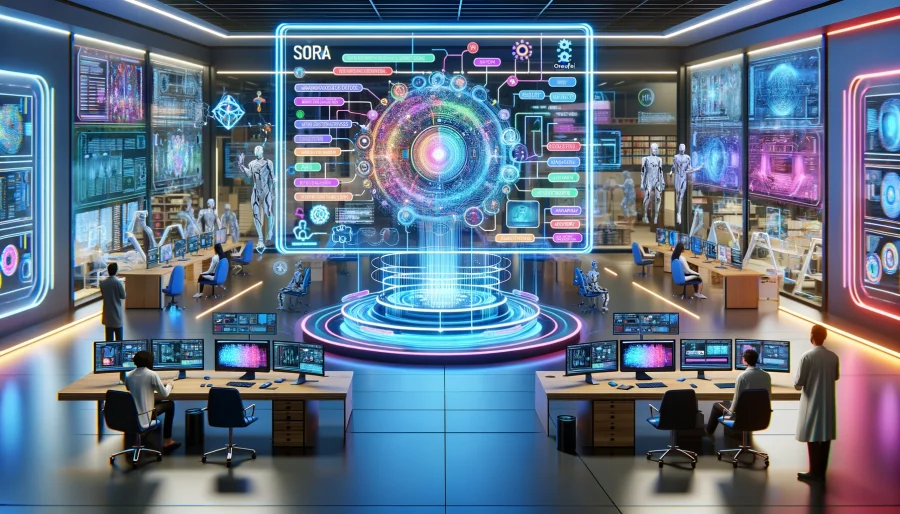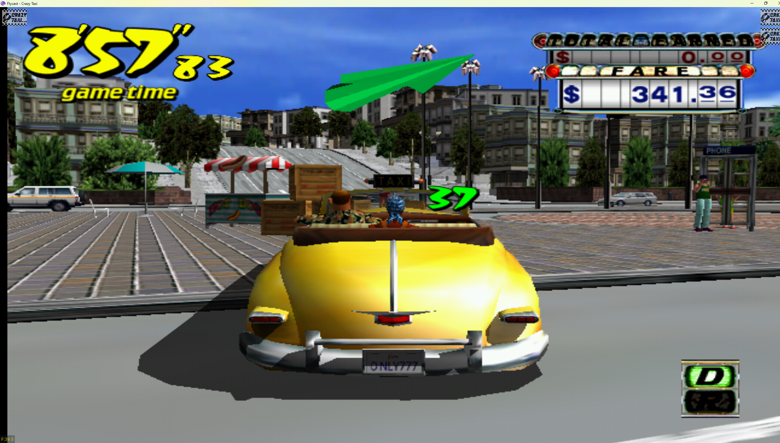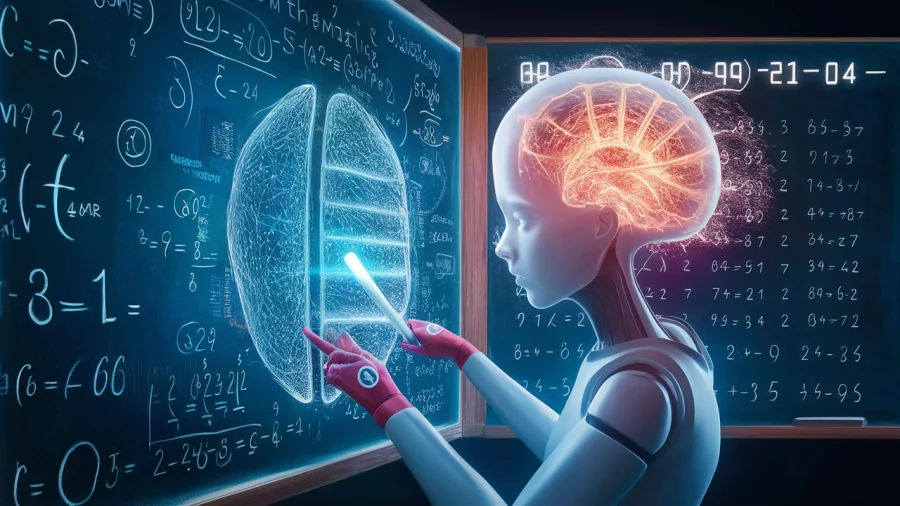OpenAI has introduced Sora, a new text-to-video model designed to enhance AI’s ability to simulate the physical world through motion. This development aims to support users in addressing real-world interaction challenges by generating videos that adhere closely to specified prompts while maintaining high visual fidelity.
Sora stands out due to its innovative architecture, which differs significantly from the Stable Diffusion models previously developed by Stability AI. It is built upon the Würstchen architecture, incorporating advanced techniques to improve both performance and accuracy. This model is part of OpenAI’s broader initiative to integrate AI more deeply into solving complex problems requiring interaction with the physical world.
The model operates through a modular three-stage architecture, consisting of Stages A, B, and C, to enhance training efficiency and customization. This structure allows for the separate handling of text-to-image generation and image decoding, leading to significant reductions in computational requirements and costs.
OpenAI’s Sora is not just a technological advancement; it’s also a tool aimed at empowering creative professionals. By generating videos that closely match user prompts, Sora opens up new avenues for storytelling and visual creativity. Despite its potential, Sora faces challenges in accurately simulating complex physical interactions and understanding cause and effect in dynamic scenes.
Addressing limitations and ensuring safety
While Sora showcases impressive capabilities in generating detailed and complex video scenes, it also encounters difficulties with physical simulation accuracy and spatial detail recognition. These challenges highlight the model’s current limitations in fully understanding and replicating the intricacies of real-world physics and spatial relationships.
OpenAI is committed to the ethical deployment of Sora, implementing safety measures to mitigate potential risks. The organization is conducting adversarial testing with domain experts and developing detection tools to identify misleading content generated by the model. Additionally, OpenAI plans to engage with various stakeholders to explore positive use cases and address concerns related to the technology’s impact.


















